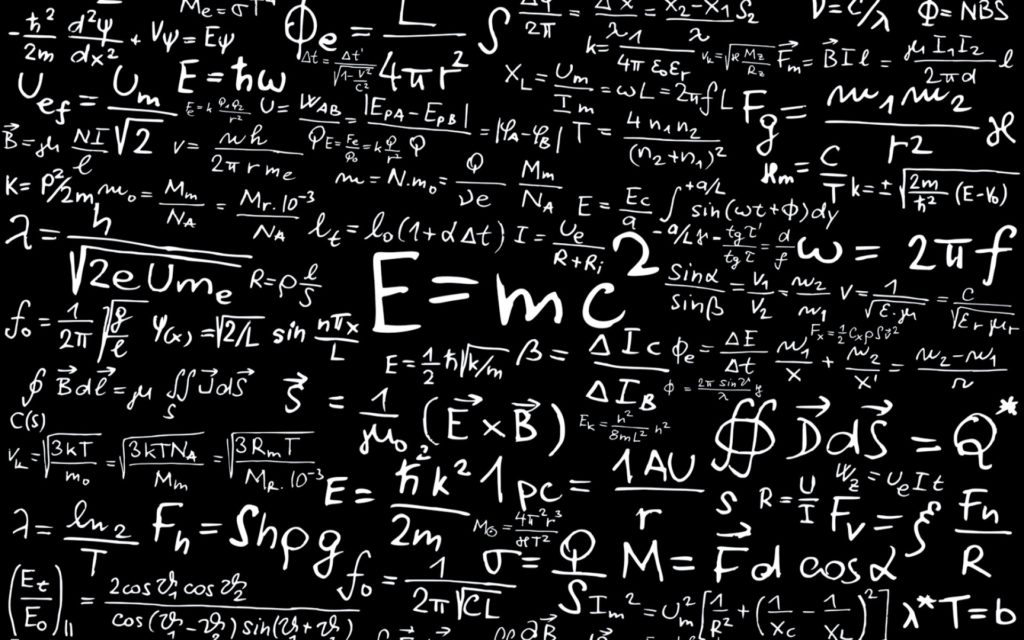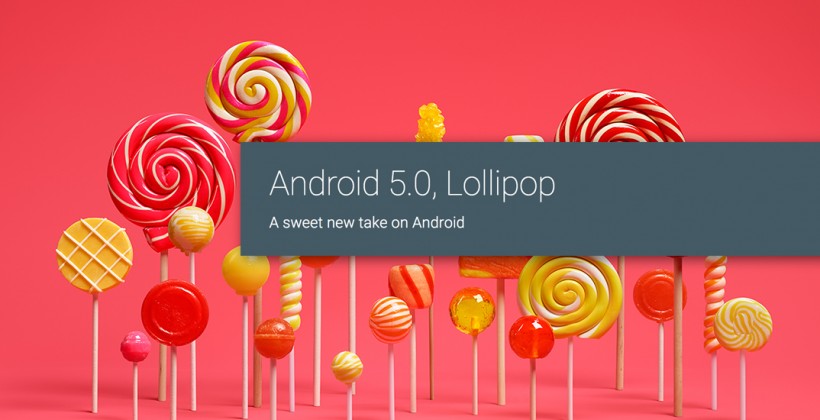An equation is developed by researchers to calculate how happy people will be depends not only by what happens to them, but also by what happens to the people around them. A study, that found that inequality reduced happiness on average said that our happiness depends not only on what happens to us, but also how this compares to other people. The study further says that it is true that our happiness depends on the fact that we are doing better than or worse than the other person even if we have just met him. One of the study’s co-lead authors Robb Rutledge from University College London explained that on average we are less happy if others get more or less than us, but this varies a lot from person to person. These findings were published in the journal Nature Communications.
 image: getty images
image: getty images
In the study while participants played gambles to try to win money they also kept seeing whether another person won or lost the same gambles. They found that on an average, when someone won a gamble they were no doubt happy but found them to be happier when their partner also won the same gamble as compared to when their partner lost. According to researchers, this difference could be attributed to guilt. At the same time they found that when people lost a gamble they were sad but when their partner also lost the gamble they were very happy. Their happiness was more in comparison to the happiness felt when their partner had won. Researchers attribute this difference to envy.

The study says that unequal outcomes — whether advantageous or disadvantageous — reduce average momentary happiness. Thus the researchers developed an equation to predict how happy people will be. Rutledge noted interestingly, the equation allows us to predict how generous an individual will be in a separate scenario when they are asked how they would like to split a small amount of money with another person,” Rutledge said. “Based on exactly how inequality affects their happiness, we can predict which individuals will be altruistic.


